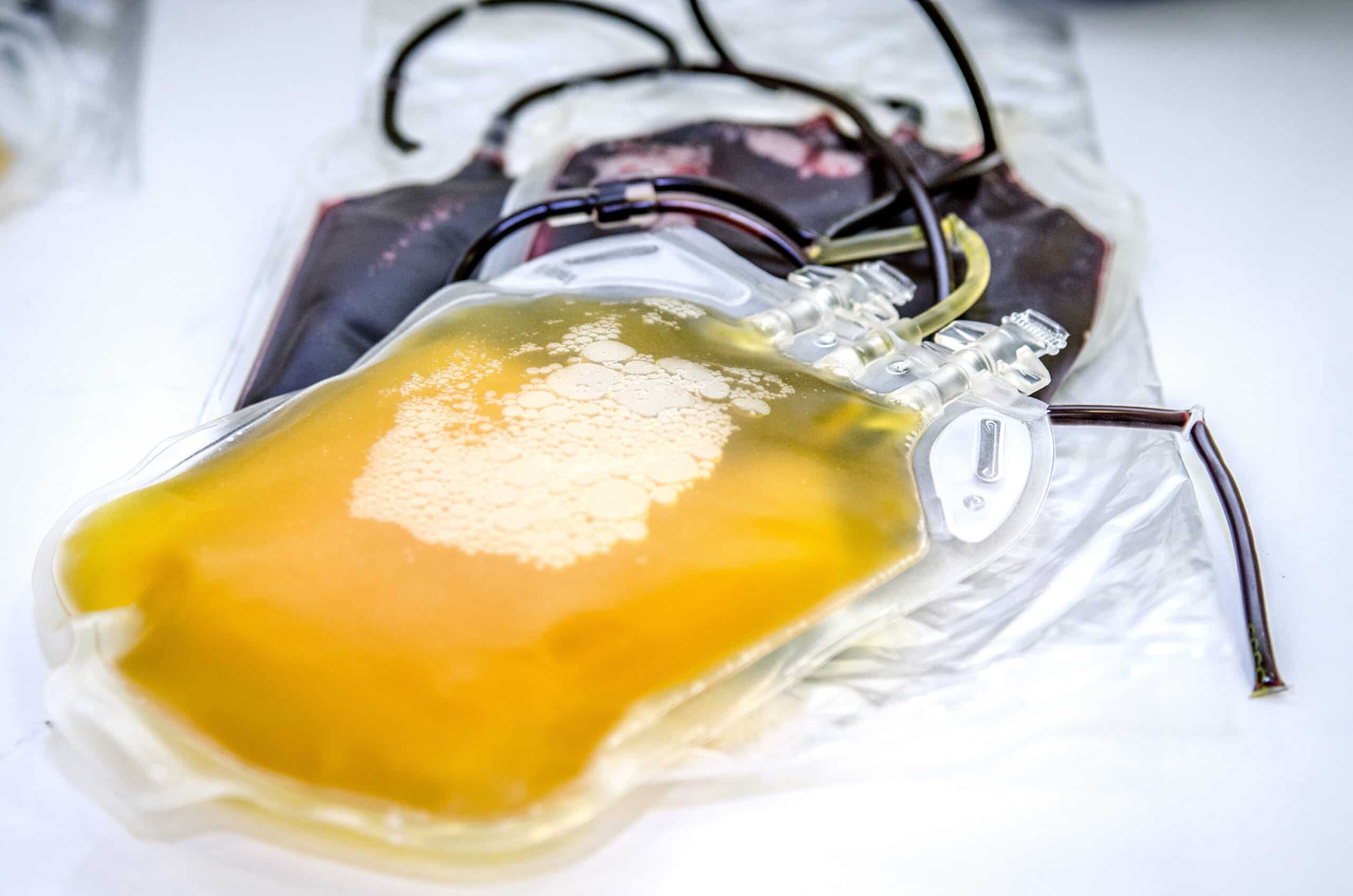Blood plasma therapy uses donations from those who have had the disease and successfully fought it off, the theory is that those people should have a high level of antibodies that can be used in those who are struggling to fight off the disease; and the more recent a person has recovered the more effective this approach appears to be.
Basically this approach uses a survivor’s antibodies to attack the virus in those who appear to not have made the antibodies themselves, or have not been able to make enough. Data on whether this can help is mixed leading to questions regarding how well it will work in helping some of the patients who are the sickest, and to how well the trials testing this approach are being conducted.
The halted draft for emergency use authorization was based on the history of plasma use in other disease outbreaks, on animal research, and on studies that includes the Mayo Clinic’s program which has given infusions to over 66,000 COVID-19 patients thanks to financing from the federal government.
This halt came after Dr. Fauci, Dr. Lane and Dr. Collins recently questioned how efficacious blood plasma treatments could be and urged their colleagues to hold off the authorization, feeling that data was not strong enough to warrant emergency approval. The procedure is being championed by some scientists as a potential treatment, and it is suggested to be successful in some clinical settings, but the FDA now wants to see more data and robust testing to determine the effectiveness.
Emergency use authorizations do not require the same level of evidence of a full approval, and this has been a subject of debate regarding all of the emergency use authorizations that have been allowed with very little evidence prior to this halt. In the past, the FDA has given emergency use authorization to chloroquine and hydroxychloroquine only to rescind it shortly after, which is also a highly debatable topic.
Plasma has been used since the 1890s to treat infectious disease adding to the debate with a highly credentialed community of microbiologists and immunologists eager to once more prove the usefulness. This community includes the Mayo Clinic which has already published analysis on tens of thousands of patients in their expanded access program showing how safe the treatment is.
Recent data from the Mayo Clinic program involved over 35,000 COVID-19 patients, many of which were on ventilators in intensive care units; findings suggest that plasma administered within 3 days of diagnosis reduced mortality rates. A month after infusions the death rate of those who received infusions within 3 days(21.6%) was 5.1% lower than those who received that plasma later(26.7%). The drawback is that this study did not have a control group. The FDA is now examining this data to see if factors other than the plasma treatment may have influenced patient responses, such as higher quality care in the hospital.




